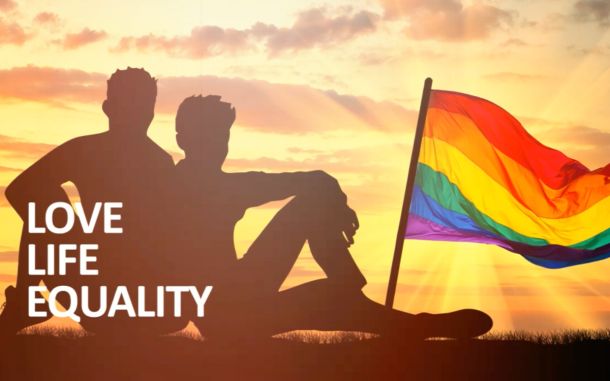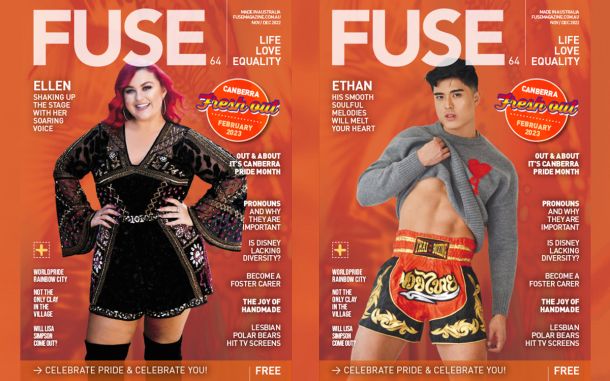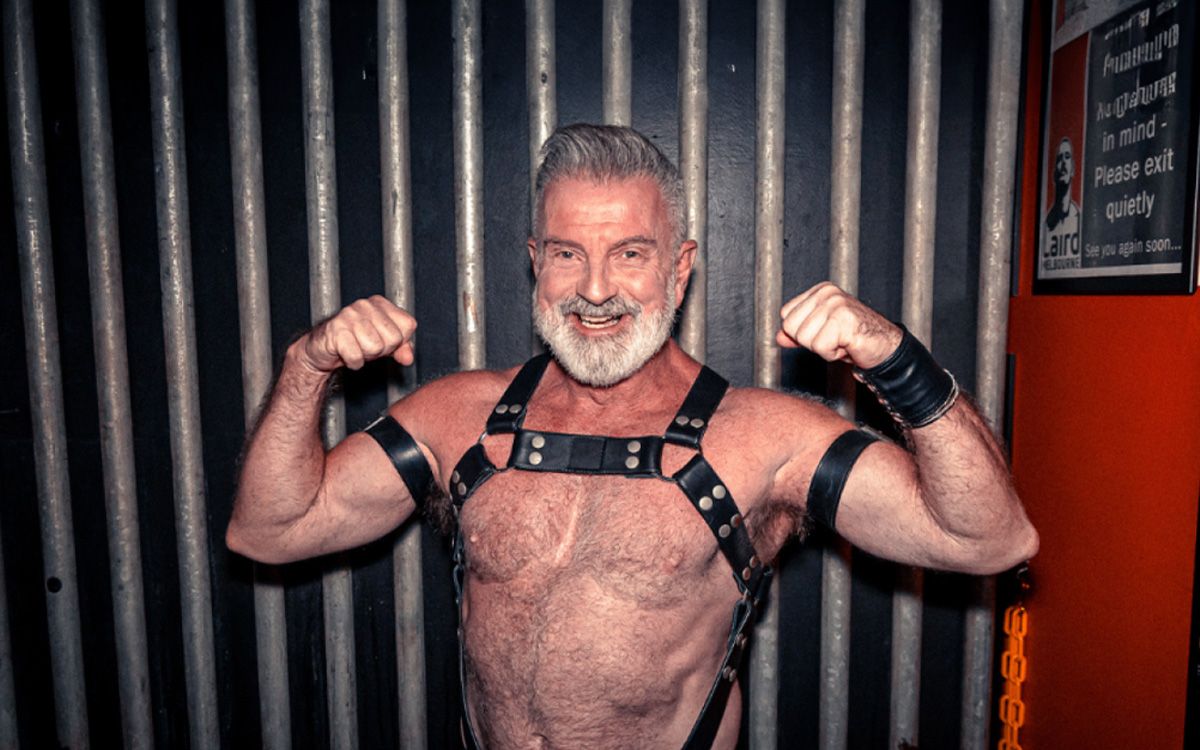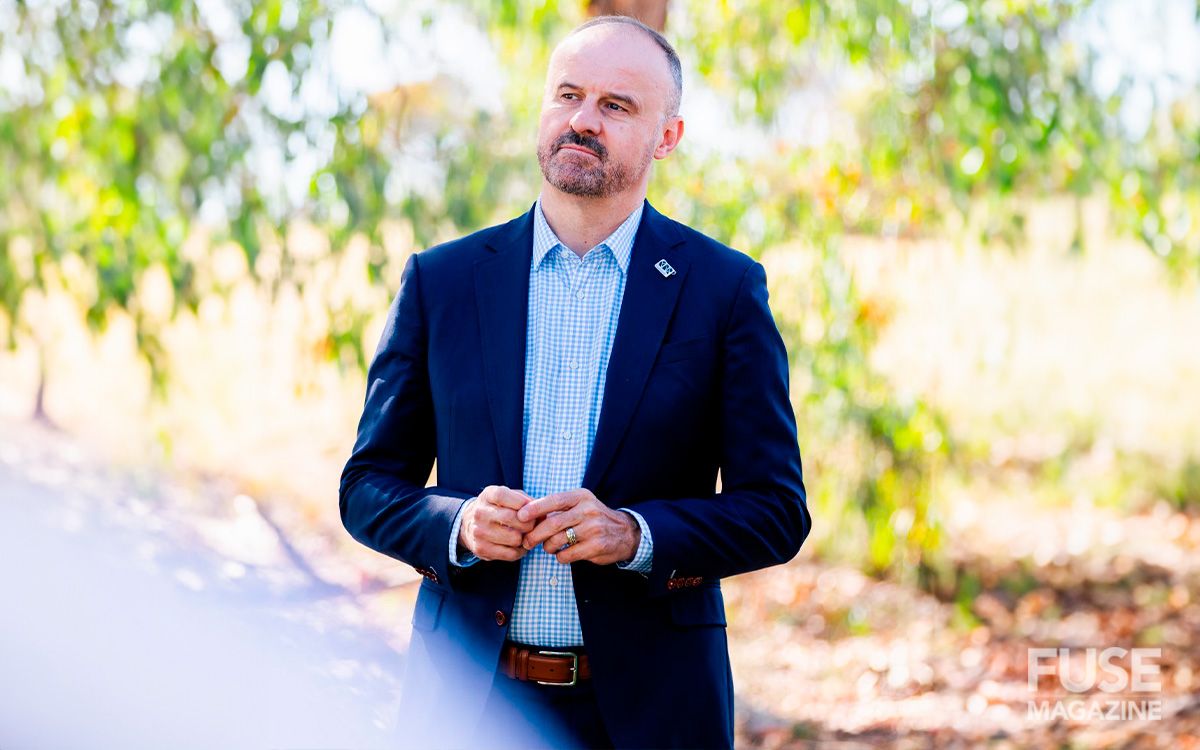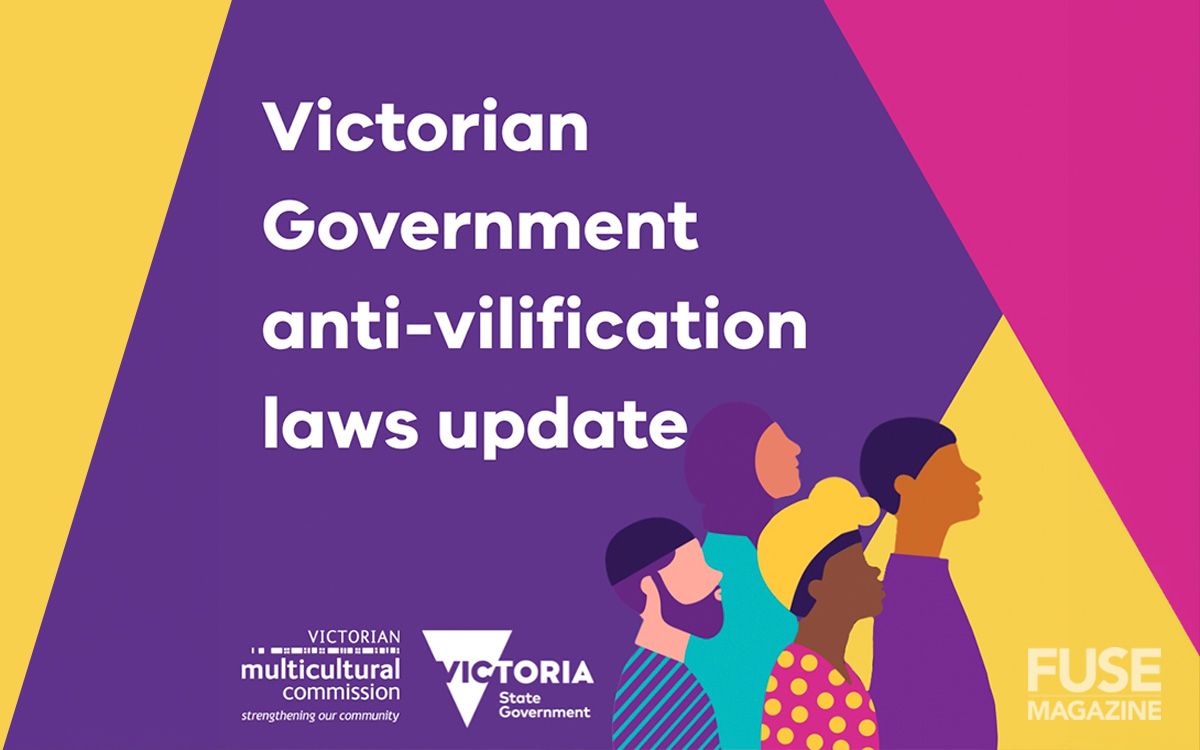How to start a same-sex family

Society is evolving and the ‘gayby boom’ means that more and more same-sex couples are planning families. According to data collected by The Australian Bureau of Statistics, there were 6120 children under the age of 25 in same-sex couple families at the time of the last census. It is expected that this number is now much higher.
So you’ve decided to start a same-sex family, you need to consider the best way to build your family. There are a few options:
Co-parenting
Sometimes friends will be chatting at a dinner party and realise that they all have the same dream to parent. Perhaps they could do it together! Co-parenting is usually an agreement to parent together (whether that be 50/50 or something else).
Fostering
Fostering is a choice a lot of same-sex couples make. Somewhere between 10 to 25% of foster carers are same-sex couples. Most foster care agencies happily accept same-sex foster carers and foster care can lead to a permanent care arrangement and in The ACT, even to adoption. See : A life-changing & rewarding experience.
Adoption
Adoption within Australia is a little harder, with very few children available for adoption. In Canberra, open adoption occurs, so the birth parents get to see the profiles of interested adoptive parents to select parents for their child. Length of time waiting is irrelevant. Overseas adoption is more problematic for same-sex couples, as it’s based on the laws of the country of the child. As a result, most same-sex couples are encouraged to look into foster care if they don’t want to take the risk waiting for a domestic open adoption.

Surrogacy
For many gay men seeking to become parents, surrogacy is an option to consider. This could include asking a friend, or utilising an overseas surrogate. Ensure you get legal advice, as the laws are a bit unclear at this point in time.
Known-donor
Lesbian couples seeking to have a baby can consider asking a friend to donate, or using one of the free sperm donor sites available online. Meeting someone from the internet can be an awkward moment, initially, but many couples have met their donor this way. Similarly, asking a friend can feel very embarrassing, but most friends will feel flattered, even if they aren’t interested. Assuming it all goes ahead, it is important that the couple gets appropriate legal advice - some basic contracts are available online for prospective parents to utilise. Get medical advice from the doctor, in terms of tests for the donor, and you can get specific ‘how to’ advice from the net, or a couple of great ‘how to’ books.
Some couples and donors are quite open about who the donor is, with a kind of ‘uncle’ role for the donor. Others prefer to keep it all very quiet, to protect the donor’s privacy.
Unknown-donor
Many IVF / Fertility clinics enable you to import sperm from overseas and some have a small amount of local stock. In Australia, ‘anonymous’ sperm cannot be used - in other words, the donor has to be able to be ‘willing to be known’. In a clinic setting, IUI or IVF are the most common forms of treatment to get a woman pregnant.
Just as it is for opposite-sex couples, the decision to start a family for a same-sex couple is very personal and is based on a number of considerations. For same-sex couples, there are even more considerations, starting with how to make it happen.




